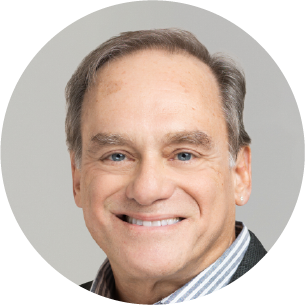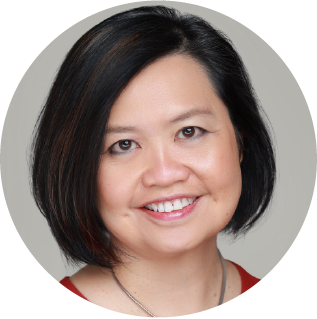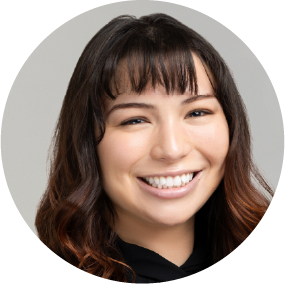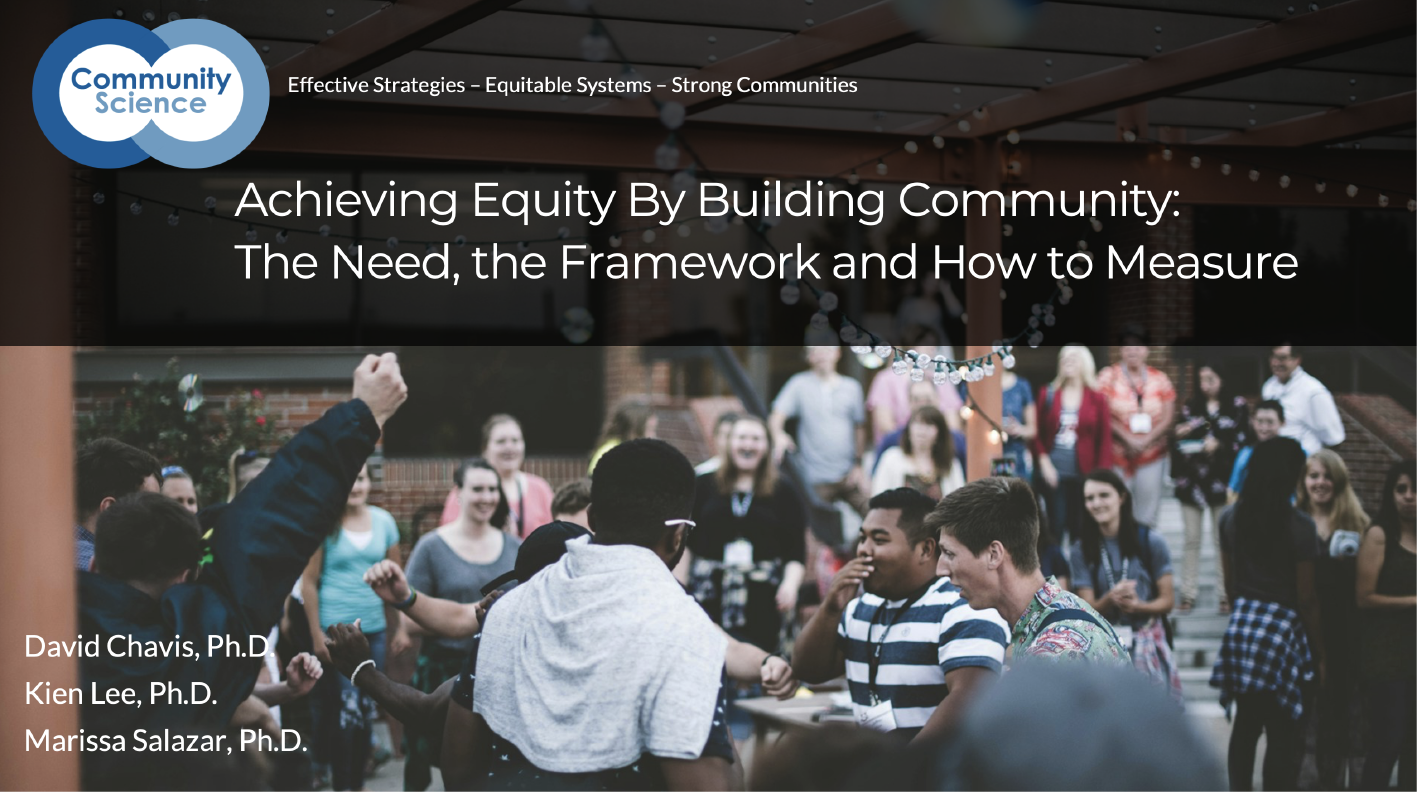Community Science presents an important and timely two-part webinar on measuring and incorporating a sense of community into strategy. A strong sense of community is a powerful way to achieve the goal of creating greater equity. A sense of community is a well-documented and researched fundamental need that all people have. It has brought out the best and worst of humankind. Part two of the series will provide tangible strategies and policies based on this framework as well as how they can be evaluated.
Your hosts from Community Science are team members David Chavis, Senior Fellow, Kien Lee, VP of Consulting, and Marissa Salazar, Associate.
Session One – The Need, The Framework, and How to Measure
In Session One, we call for the need to apply the development of a sense of community — a beloved community as Dr. King would call it. A strong sense of community is a powerful way to achieve the goal of creating greater equity. A sense of community is a well-documented and researched fundamental need that all people have. It has brought out the best and worst of humankind. This webinar focuses on why such an approach is needed now, the research-proven theory around the sense of community that can guide strategies, and how the sense of community in organizations and where people live can be measured and assessed. Examples will be drawn for organizational and community development settings.
In this webinar, we cover why such an approach is needed now, the research-proven theory behind a sense of community that can guide strategies, and how a sense of community can be measured and assessed within organizations, neighborhoods, and beyond. Examples will be drawn from organizational and community development settings.
Video
Webinar Deck
Session Two – Tangible Strategies, Policies, and Evaluation
In Session Two of our webinar series on Achieving Equity by Building Community, we explore tangible strategies for building community in a divided world by instilling and strengthening a sense of community. The theory and research on the sense of community can be used to more effectively frame organizational and community change strategies that seek greater equity. Simply put, people care for other people whom they see as part of their community, whether it be family, neighbors, ethnic or religious, gender, sexual orientation, or whatever basis of commonality. The strength of community framework will also be presented to illustrate how through the processes of bridging and linking diverse communities common ground can be found and a sense of community among otherwise diverse people can be developed. Identifying commonality over difference and positive contact are key to this approach. This webinar will also present ways to evaluate equity-focused community-strengthening initiatives.
Community Science team members David Chavis, Senior Fellow, Kien Lee, VP of Consulting, and Marissa Salazar, Associate, host this important and timely webinar.
Video
Webinar Deck
Additional Resources
Your Hosts

David Chavis, Ph.D.
Senior Fellow
Community Science
David has made significant contributions to building the capacity of foundations, nonprofit organizations, and public agencies to research and evaluate community and systems change. With three decades of experience, he has led the implementation and evaluation of comprehensive community initiatives at both national and local levels, with an emphasis on integrating science- and practice-based knowledge. The focus of his work has been on the relationship between community and prevention, that is, on the connections between sense of community and social support structures and the prevention of poverty, violence, substance abuse, and other social problems. He has also focused on the role of coalitions in strengthening communities. He is expert in a wide array of research and evaluation methodologies, from cross-case study to experimental design.
David is also the author of the Sense of Community Index I and II, a widely accepted index used to measure sense of community in all sorts of settings, from war-torn countries to the U.S. military. He is the recipient of the 2002 American Evaluation Association (AEA) Outstanding Evaluation Award, and the Society for Community Research and Action (Division 27 of the American Psychological Association) Award for Distinguished Contributions to Practice in Community Psychology.

Kien S. Lee, Ph.D.
Vice President of Consulting
Community Science
Kien has expertise in matters related to equity, inclusion, and cultural competency, as they pertain to strategies for health equity, immigrant integration, food security, civic engagement, and leadership development. She has two decades of experience as a capacity builder, evaluator, and researcher to federal and local government agencies, foundations, and nonprofit organizations working to effect community and systems change by investing in the above types of strategies. She is seen as a thought leader in work that occurs at the nexus of evaluation and racial equity, and presents and writes extensively about how evaluation can be scientifically rigorous and supportive of racial equity at the same time. Kien’s commitment to bridge science, practice, and social change led to her appointment to Governor Martin O’Malley’s Commission to study the impact of immigration on Maryland and receiving the Distinguished Contributions to Practice in Community Psychology award and the Outstanding Evaluation of the Year award from the American Evaluation Association (in collaboration with David Chavis).

Marissa Salazar, Ph.D.
Associate
Community Science
Marissa has extensive experience in using research and evaluation to advance diversity, equity, and inclusion in organizations. She specializes in developing, implementing, and evaluating strategies to promote inclusion and racial equity and to build leadership capacity to advocate for antiracist policies and practices. She especially brings a wealth of knowledge in White allyship. Marissa is a trained mixed-methods and critical social justice researcher with competencies in a range of methodologies and methods, including experimental designs, cross-case studies, survey research, interviews, and focus groups – all with an explicit focus on equitable, rigorous practices.

